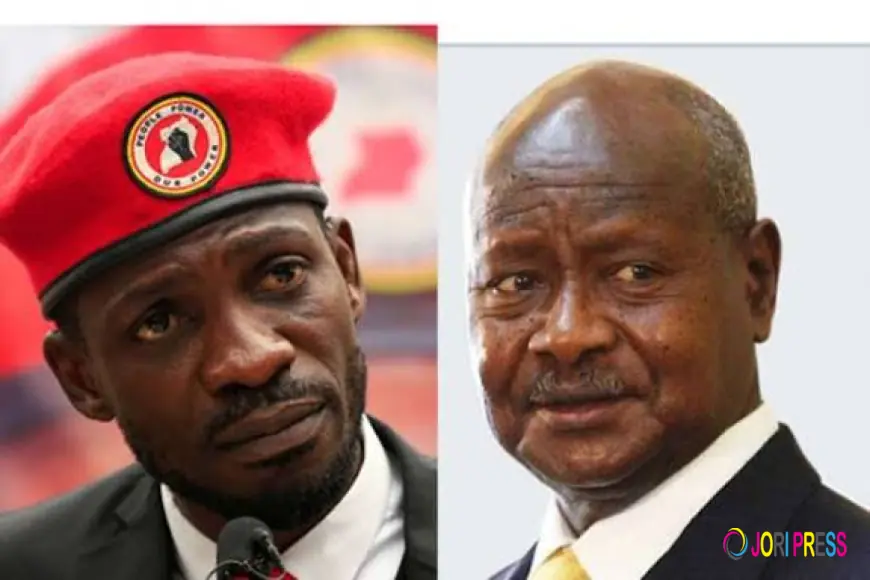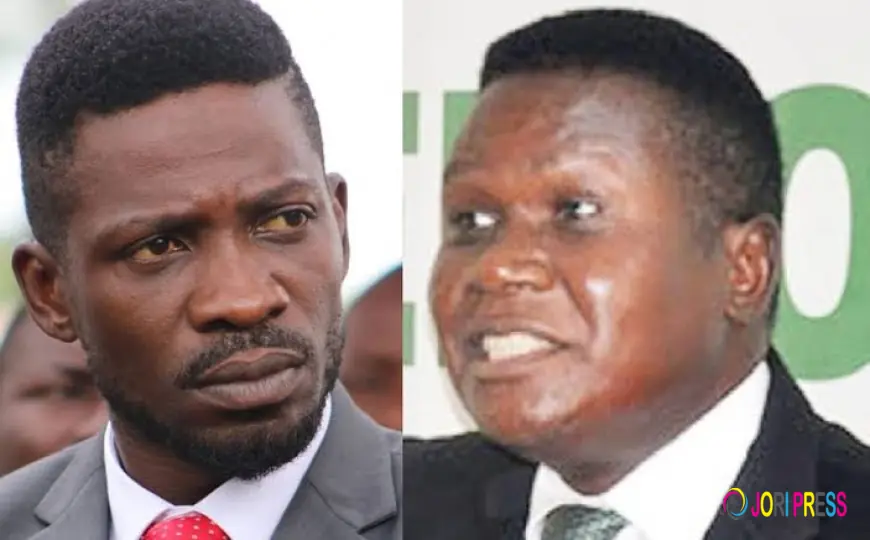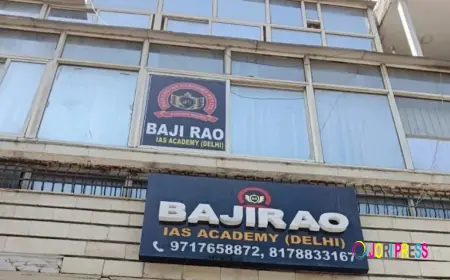"Bobi Wine Can't Be Trusted With Power, His Politics Is Poisonous That's Why He Is Excluded From The Peaceful Power Transfer" Mao Spills

In a bold and controversial statement, Uganda's Justice Minister, Norbert Mao, has sparked a national debate by accusing Bobi Wine and his party, the National Unity Platform (NUP), of having “toxic” and “poisonous” politics. Mao explained that this is the primary reason why Bobi Wine has been excluded from the ongoing discussions about Uganda’s peaceful transfer of power from President Yoweri Museveni.

Mao's comments, made on September 20, 2025, reveal a deeper political maneuvering that has raised eyebrows across the country. According to Mao, the peaceful transition of power will not follow the traditional route of elections. Instead, discussions are already taking place behind closed doors among a select group of political parties. These secretive talks are aimed at selecting a new leader who will succeed Museveni.
The Minister listed the parties involved in these private discussions, which reportedly include the Democratic Party, the Democratic Front of Mathias Mpuuga, the National Resistance Movement (NRM), FDC, JEEMA, the Uganda People’s Congress (UPC), and even the PLU (People’s Liberation Movement) of Gen. Muhoozi. However, conspicuously absent from this list is Bobi Wine’s NUP, which Mao dismissed as divisive and unfit for leadership.
Mao’s exclusion of Bobi Wine and his party has ignited strong reactions, particularly from supporters of the NUP. These supporters argue that the move undermines the democratic process and raises questions about the transparency of political negotiations in Uganda. They have accused the government of undermining the opposition by excluding one of its most prominent leaders.

Mao further stirred the pot by revealing that President Museveni himself is actively participating in these behind-the-scenes talks. The Justice Minister reassured the public that Museveni would not cling to power but would instead peacefully hand over leadership to a successor without the need for elections. He emphasized that this transition was being planned to ensure stability and continuity in governance, as opposed to the chaos that elections might bring.
While Mao's statements have drawn criticism, some political analysts have pointed out that similar secretive negotiations have historically shaped Uganda’s leadership transitions. Despite the controversial nature of such behind-the-scenes politics, they argue that these talks could be essential for ensuring a smooth and peaceful power shift.
However, Mao’s direct admission that these talks are happening “in special rooms” and his dismissive remarks about the NUP’s politics have amplified concerns over the level of openness and inclusivity in the process. Many Ugandans are now questioning the integrity of the political system, wondering if such closed-door decisions truly represent the will of the people.
In his defense, Mao justified the exclusion of Bobi Wine and NUP, saying their “toxic” politics would not lead to national unity and stability. According to Mao, it was imperative for the political leadership to ensure that the country remains united as power transitions from one leader to another. He reiterated that the priority was to avoid instability and violence during the power handover.

As the nation watches with bated breath, the question remains: will these backroom discussions truly lead to a peaceful and democratic transition, or is Uganda’s political future being shaped by a select few behind closed doors? Mao’s comments have undoubtedly added fuel to an already heated debate about the country’s democratic process and the role of opposition parties in shaping its future.
In conclusion, Norbert Mao’s revelations have put Uganda's political system under a magnifying glass. While some view it as a necessary step towards a peaceful transition, others see it as a concerning move that could undermine democratic ideals. Only time will tell how these “special room” negotiations will unfold and what kind of leadership will emerge for Uganda’s future.
What's Your Reaction?
 Like
0
Like
0
 Dislike
0
Dislike
0
 Love
0
Love
0
 Funny
0
Funny
0
 Angry
0
Angry
0
 Sad
0
Sad
0
 Wow
0
Wow
0

















































